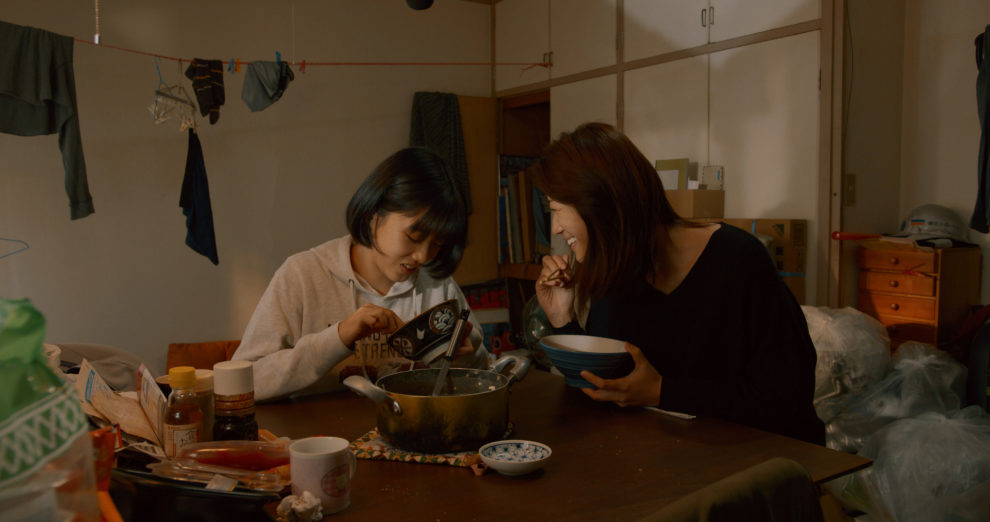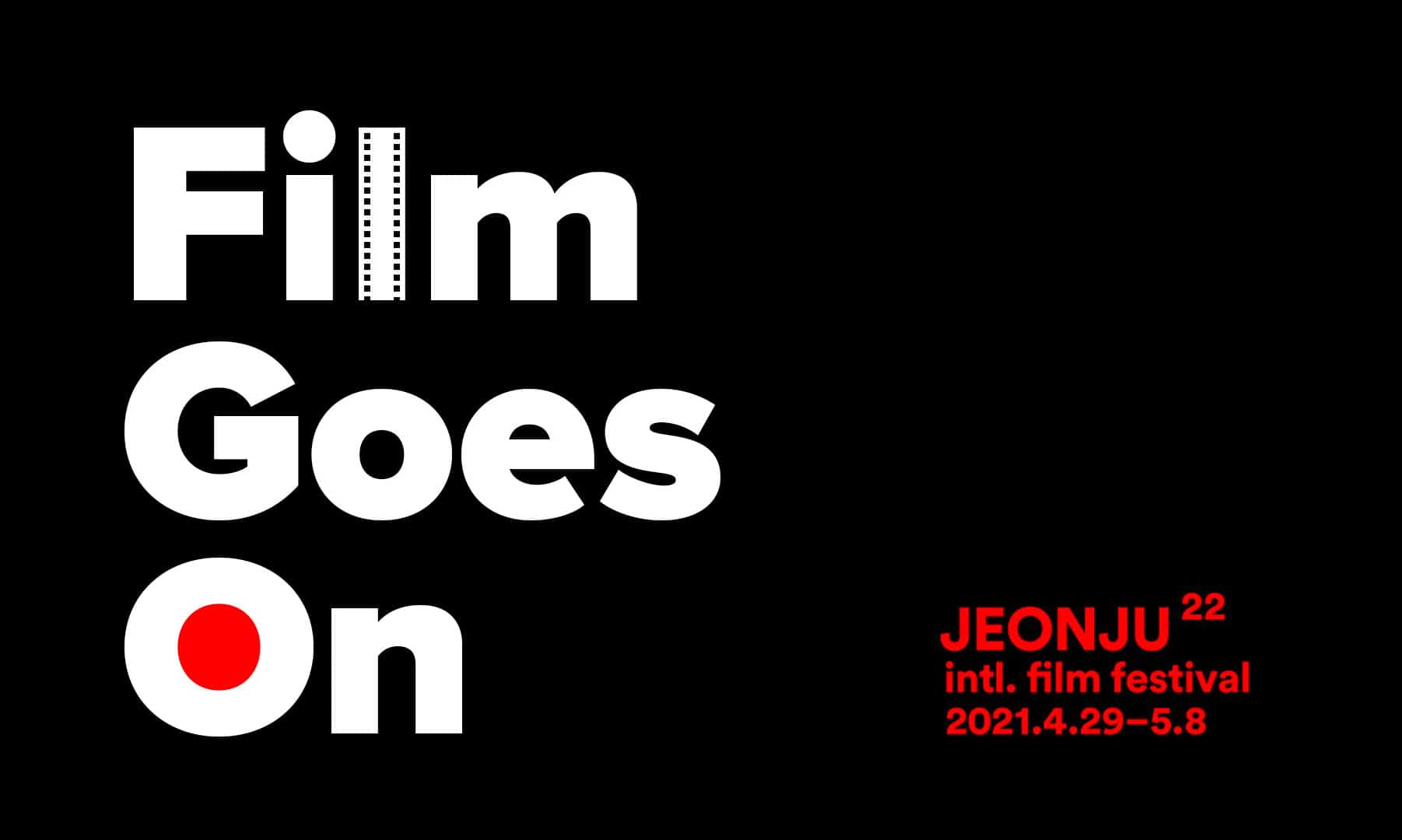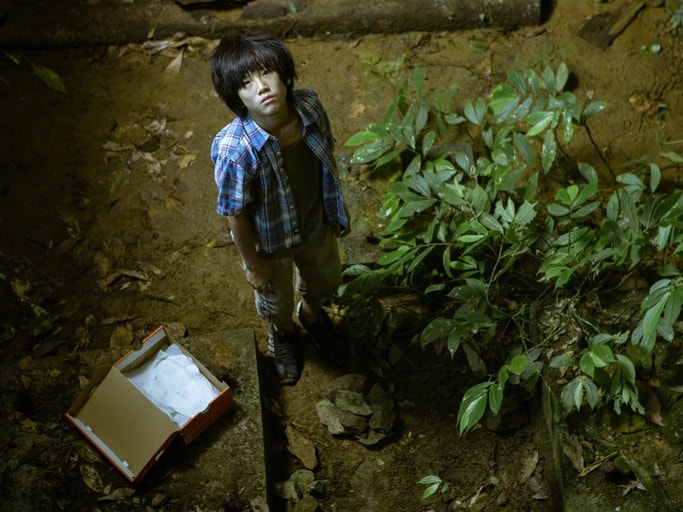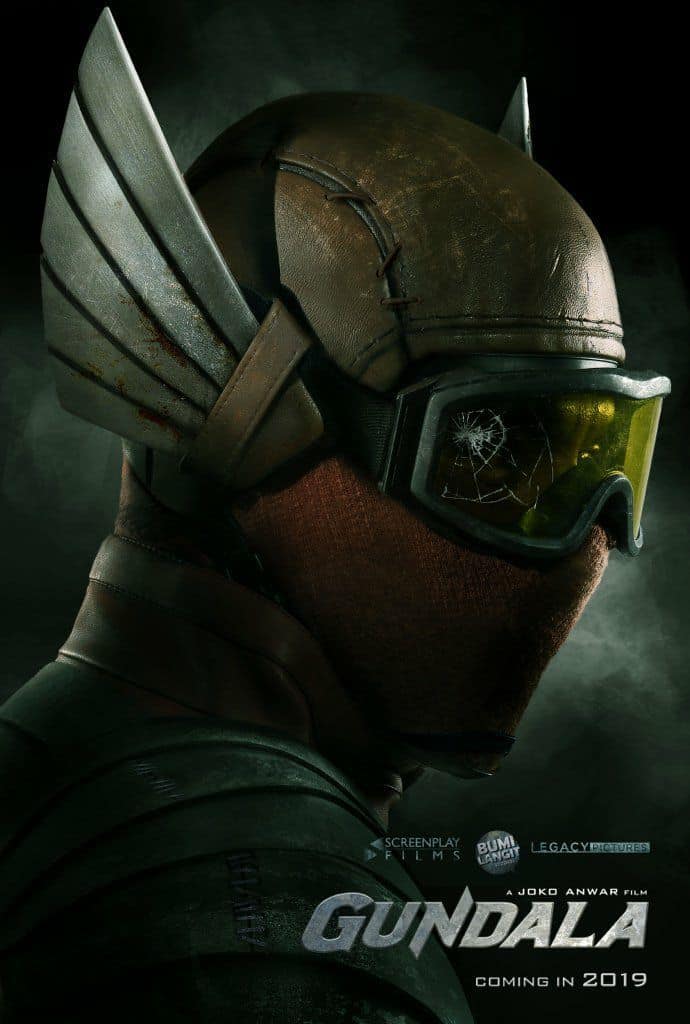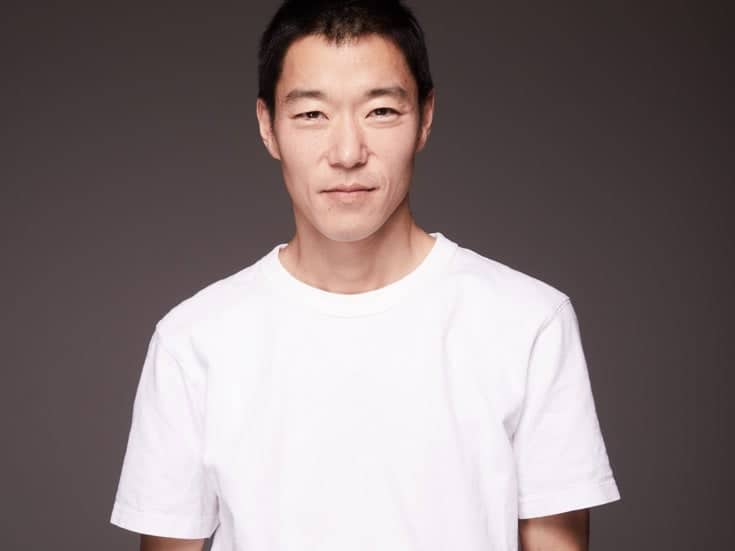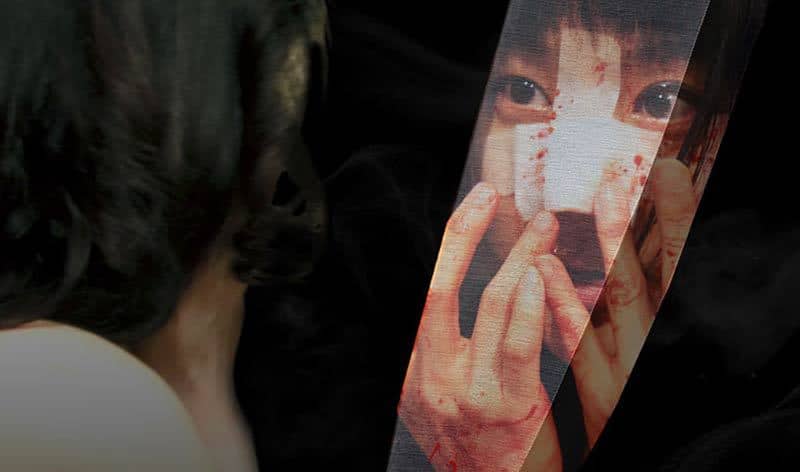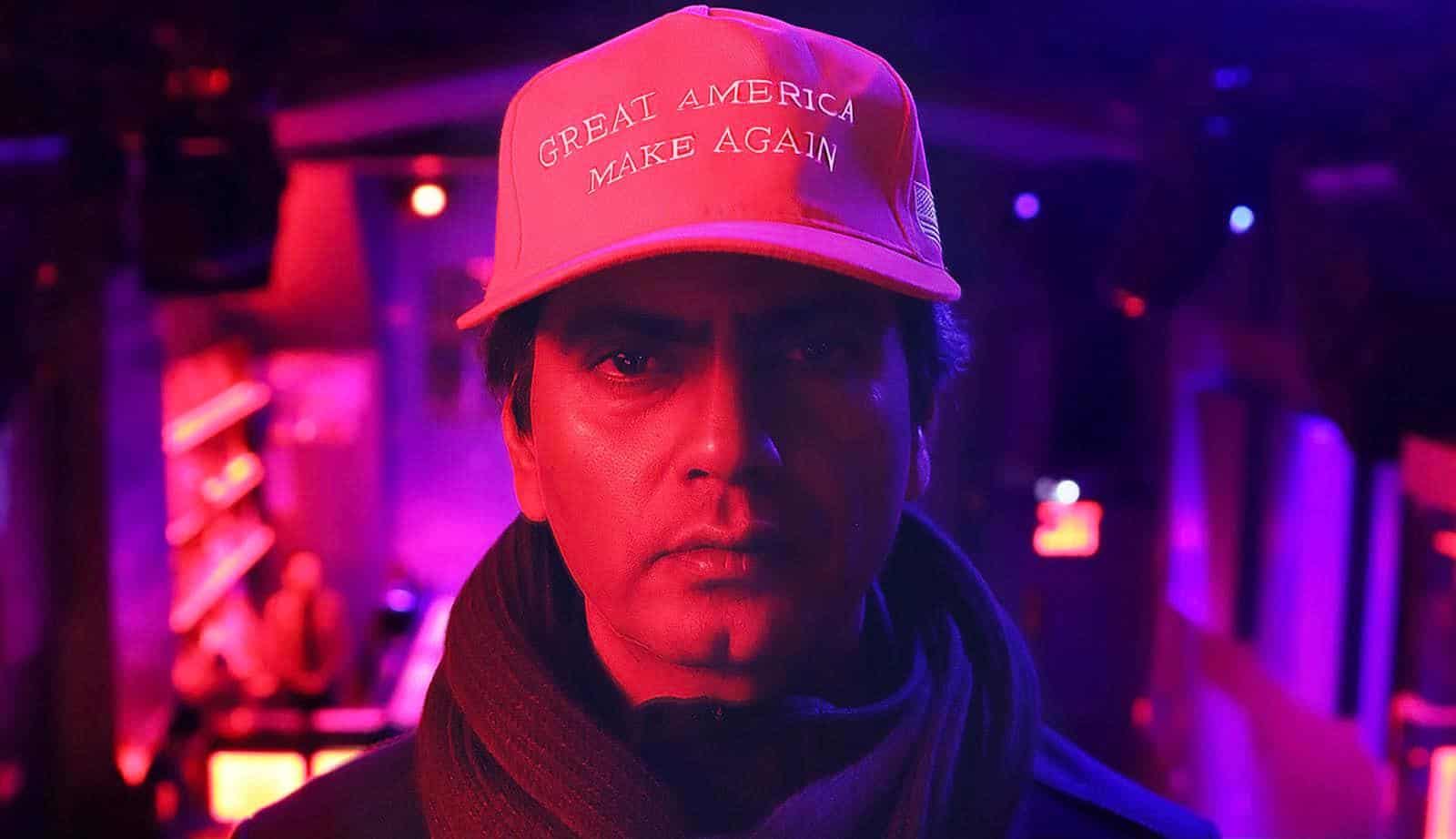The Special Program in Focus, which will screen works by Japanese directors who have made their debuts after 2010 and who have been acknowledged by the press and critics, is expected to encourage further attention towards present-day Japanese cinema, which began with the initial sparks of two Hamaguchi Ryusuke's films: Drive My Car (2021) and Wheel of Fortune and Fantasy (2021). Much attention will be centered on this important opportunity to assess up-and-coming Japanese directors who are to follow Hamaguchi Ryusuke's generation, and to better gauge the current direction of Japanese cinema.
The selection advisers for this year's Special Program in Focus includes director Hamaguchi Ryusuke, Tokyo International Film Festival director Ichiyama Shozo, Osaka Asian Film Festival programmer Teruoka Sozo, and Skip City International D-Cinema Festival programmer Hasegawa Toshiyuki, among many other. The Special Program in Focus is sponsored by the Lee Heui Keon Korea-Japan Exchange Foundation.
Antonym
by KUSANO Natsuka
SKIP CITY INTERNATIONAL D-Cinema FESTIVAL 2014, Best Director Award Winner
A sisterhood drama about the unlikely friendship between two women who find themselves entwined together. The process in which the two different women begin to form a bond as they work on the screenplay together is intriguing. This is the first feature film written and directed by Kusano Natsuka, who studied filmmaking at The Film School of Tokyo. The film won the Best Director at the 2014 SKIP CITY INTERNATIONAL D-Cinema FESTIVAL and was selected for the Silver Screen Awards in the competition section at the 2014 Singapore International Film Festival. Her second feature Domains (2018) had its International Premiere at the 2019 International Film Festival Rotterdam and was chosen as the Best Japanese Film of 2019 by the British Film Institute. (HASEGAWA Toshiyuki)
A Balance
by HARUMOTO Yujiro
Busan International Film Festival 2020, New Currents Award Winner
A Balance (2020) is one of the most challenging Japanese independent films in recent years. Inspired by a real-life incident, the film follows a female documentary filmmaker, Yuko, who is investigating the suicide of a high school student. She finds out that the student had uncovered an ongoing affair between a student and a teacher, but the school tried to hide the truth. Yuko faces friction with TV stations, that disapprove of such proscriptive subjects. One day, in the midst of her search, she finds out about her own father and his preparatory school's involvement in a scandal, causing her sense of justice to crumble.
Harumoto Yujiro depicts this story with naturalistic and convincing style without using any background music. After the film won the New Current Award at the 2020 Busan International Film Festival, it had a successful theatrical release in Japan. People in Japanese film industry believe that the films with such serious social matters cannot be successful, but this film overturned such prejudice, which encouraged a lot of Japanese independent filmmakers. (ICHIYAMA Shozo)
Listen to Light
by SUGITA Kyoshi
Tokyo International Film Festival 2017, Japanese Cinema Splash Nominee
The second feature-length film by Sugita Kyoshi, released about six years after his debut feature A Song I Remember (2011) drew attention of the movie world. Listen to Light (2017) is made up of four chapters based on four tanka poems that were selected from a tanka poem composition contest held under the theme of “light” with the aim of using the winning works to create a film. Each chapter can stand on its own as a short film, but uniformly features a young woman living in the suburbs of Tokyo, with an inserted singing scene. Just like Krzysztof Kieślowski's film, the four chapters subtly resonate with each other and create a faint network of relationships. In the little stories of this film, we witness the encounters, partings, and rendezvous between two people who are dear to each other, which show the disproportionate balance of love. (KITAKOJI Takashi)
My Small Land
by KAWAWADA Emma
Berlin International Film Festival 2022, Generation Nominee
A commercial feature directorial debut for Kawawada Emma, who joined the production company, Bun-Buku, headed by Kore-eda Hirokazu, and has since served as his assistant director. My Small Land (2022) follows the story of 17-year-old Sarya, a Kurdish girl living in Saitama Prefecture near Tokyo. Her family moved to Japan when she was a child, and she grew up among her Japanese friends, enjoying her life like any other Japanese children. However, when her family's refugee status application is rejected and her father is detained by the Japanese immigration authorities, she finds herself at a big turning point in life. The film depicts the harsh reality faced by the Kurdish people living in Japan, where only a small number of people are granted refugee status, but Kawawada infuses the film with humorous and lively moments, which hint at hope for the family's happiness in the coming future. The cinematography is also stunning, owing to the delicate light designs created by Shinomiya Hidetoshi, the cinematographer for Drive My Car (2021). (TERUOKA Sozo)
The Night I Swam
by IGARASHI Kohei, Damien MANIVEL
Venice International Film Festival 2017, Orizzonti Nominee
A joint project that came together through an encounter between Igarashi Kohei and Damien Manivel at the 2014 Locarno International Film Festival. Set in Hirosakishi, Aomori Prefecture, The Night I Swam (2017) follows a boy's journey through a day. The father is a fisherman who wakes up before the sunrise and heads to the fish market. His early departure wakes his 6-year-old son. Unable to fall back asleep, the boy gets under the covers and begins to draw a picture. Later, on his way to school, the boy strays from the path and heads in a direction away from the school. He is headed to the market to give his father the picture he drew. The 6-year-old main character is Kogawa Takara, who made his onscreen debut with this film. His every move betrays the audience's expectations and breathes life into the screen. Against the backdrop of the snowy Tohoku, this film presents the wonderful and special flow of time that exists solely in childhood. (MIURA Tetsuya)


